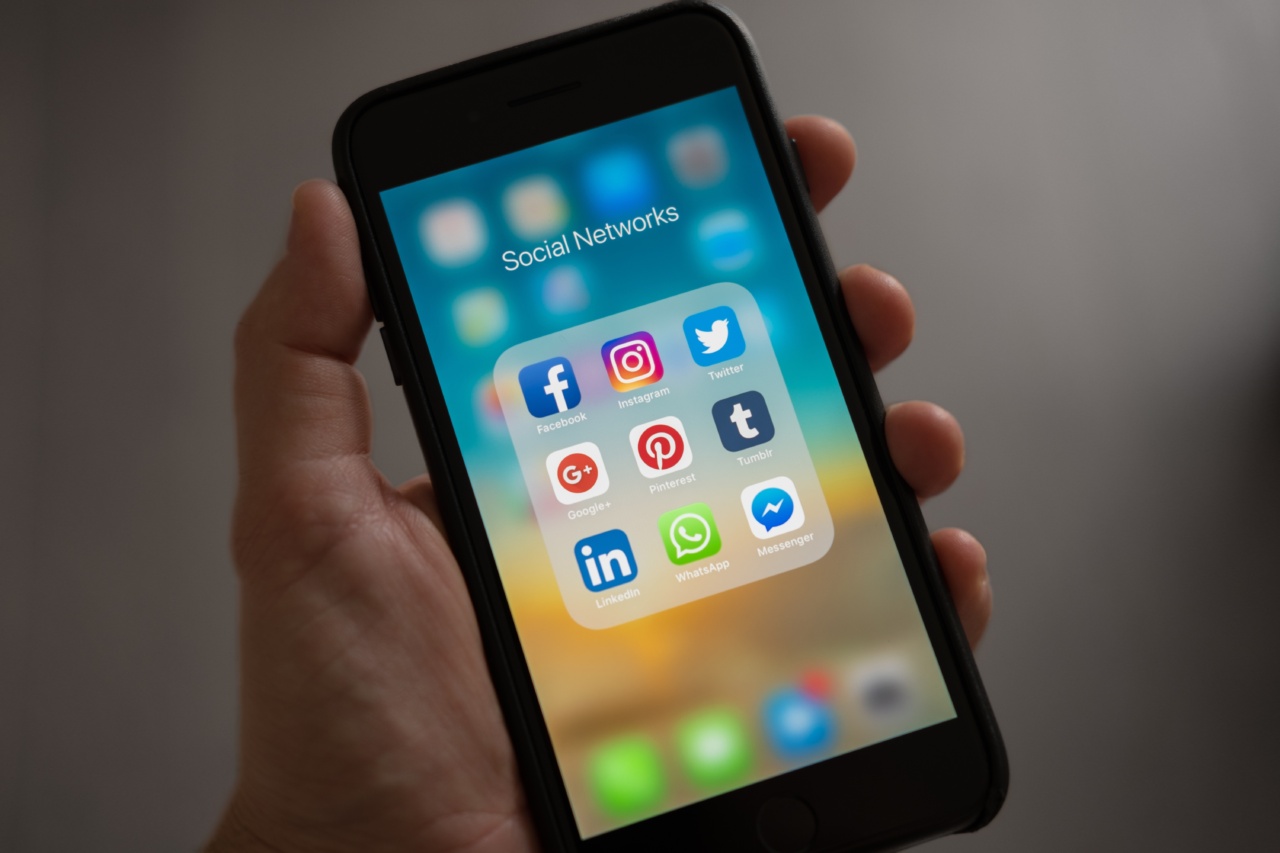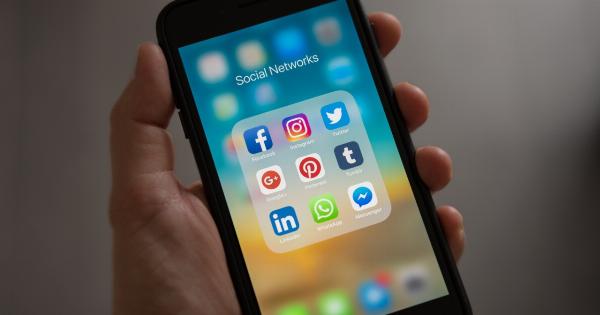In today’s digital age, social media platforms have become an integral part of our lives. Among these platforms, Twitter stands out as a hub for expressing thoughts, opinions, and engaging in online conversations.
While Twitter has provided a powerful platform for users to connect and share information, it has also given rise to a self-obsessed culture that thrives on self-centered behavior.
The Rise of Social Media Narcissism
Before delving into the self-obsessed behavior prevalent on Twitter, it’s important to understand the concept of narcissism in the context of social media.
Narcissism, in the online realm, refers to an excessive interest and admiration directed towards oneself, often at the expense of others. Twitter, with its emphasis on follower counts, retweets, and likes, has inadvertently fueled this self-centered behavior.
One common characteristic of self-obsessed individuals on Twitter is their incessant need for validation. These users often measure their self-worth based on the number of followers they have or the engagement their posts receive.
They are continually seeking external validation, and their self-esteem is closely tied to their social media metrics.
The Quest for Attention and Validation
Self-obsessed individuals on Twitter are driven by an insatiable quest for attention and validation. They tend to excessively self-promote and dominate conversations to ensure they remain at the center of attention.
Their tweets are often filled with self-glorification, exaggerated accomplishments, and a constant need to be admired by their followers.
Moreover, the self-obsessed often resort to attention-seeking tactics, such as provocative statements, controversial opinions, or even personal attacks, to generate engagement and increase visibility.
This behavior not only disrupts meaningful discourse but also creates an unhealthy and toxic online environment.
The Impact on Social Media Dynamics
The self-obsessed culture on Twitter has significant implications for the dynamics of social media interactions. Firstly, it creates an environment where genuine engagement and meaningful conversations take a backseat.
Instead of fostering connections and fostering dialogue, Twitter becomes a battleground for self-promotion and validation.
Additionally, the self-centered behavior prevalent on Twitter affects the well-being of individuals. Constantly seeking validation and comparison with others can lead to feelings of inadequacy, low self-esteem, and even mental health issues.
This obsession with self-image and superficial validation can be detrimental to one’s overall well-being.
Addressing the Issue
To address the issue of self-obsession on Twitter, it is essential for users to be self-aware and practice empathy.
Engaging in meaningful conversations, actively listening and supporting others, and promoting a culture of respect can help counteract the negative effects of self-centered behavior.
Furthermore, Twitter as a platform should take responsibility by implementing stricter policies and enforcement against abusive and attention-seeking behavior.
Modifying algorithms to prioritize meaningful engagement over popularity metrics can also discourage narcissistic tendencies and encourage healthier online interactions.
Cultivating a Healthy Twitter Environment
Developing a healthy Twitter environment relies on creating a sense of community and encouraging users to prioritize substance over self-promotion. Some effective approaches include:.
1. Embrace diversity of thought
Encourage dialogue and respect opinions that differ from your own. Remember that Twitter is a global platform with diverse perspectives, and fostering open discussions can lead to rich and meaningful exchanges.
2. Promote collaboration
Instead of focusing solely on personal achievements, promote collaborative efforts and celebrate the accomplishments of others. Sharing knowledge and supporting fellow users can lead to a more inclusive and supportive Twitter community.
3. Engage authentically
Avoid falling into the trap of self-promotion and empty validation. Instead, engage with others genuinely, actively listen, and foster supportive relationships. Authentic connections are built on trust and mutual respect.
4. Prioritize mental well-being
Recognize the impact of social media on mental health and take steps to prioritize your well-being. Limit your time on Twitter, curate your feed to include positivity, and remember that your self-worth is not defined by social media metrics.
Conclusion
The self-obsessed culture on Twitter, fueled by the pursuit of attention and validation, presents various challenges for users and the platform itself.
By understanding the dynamics behind self-centered behavior and promoting a culture of empathy, respect, and collaboration, Twitter can evolve into a healthier, more authentic online space.





























